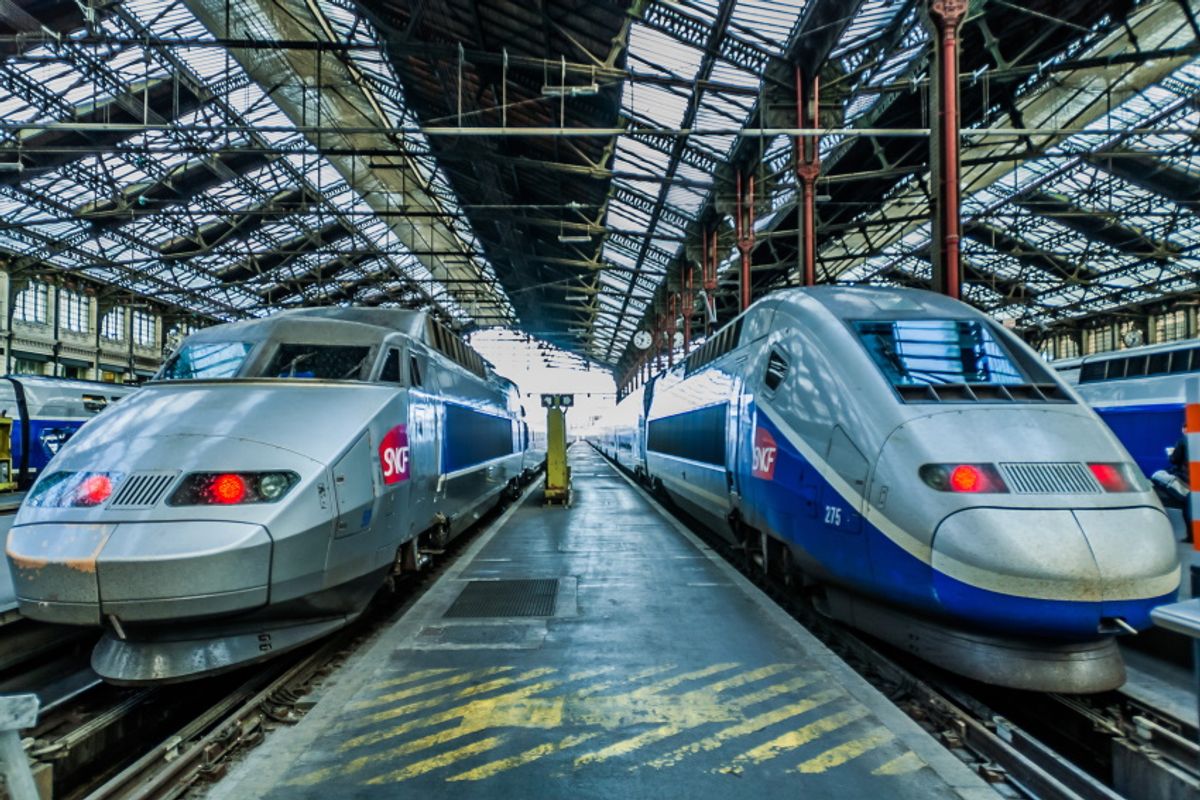SNCF Voyageurs, France’s state-owned rail operator, has posted full-year 2023 revenue gains following a ‘sharp’ increase in passenger traffic.
The rail operator on Thursday (29 February) reported a 10.4 per cent year-on-year increase in revenue to €19.2 billion, largely driven by a boost in passenger traffic on its high-speed TGV services both in France and across Europe.
Traffic on TGV services throughout France saw a 3 per cent year-on-year increase to more than 124 million passengers and, together with its pan-Europe services, passenger numbers soared to 156 million, up 6 per cent on the previous year and a new record for the company.
Meanwhile, its regional TER services saw a 7 per cent increase in traffic and the standard Intercités service reported a 5 per cent increase to more than 11 million passengers.
Overall, the SNCF Group, which includes freight and logistics services, achieved profits of €1.3 billion after earning €41.8 billion in revenue for the full year, up 5.4 per cent compared to 2022.
The rail operator said it achieved the positive result despite the ‘significant impact’ of a nation-wide social movement against pension reform.
The group also reported that investments reached an ‘historic level’ in 2023 after €10.6 billion was put into renovating and modernising its rail network. It also noted an ‘acceleration’ in its push to become greener, with Scope 1 and 2 greenhouse gas emissions down 8 per cent for the group in France compared to 2022. The rail operator in July 2023 also launched SNCF Renewables, a new subsidiary dedicated to producing solar energy.
Jean-Pierre Farandou, chairman and CEO of the SNCF Group, said 2023 was an “historic year for the railways and for the SNCF Group” and that, together with the French government, the group plans to “double the share of rail by 2040” through ongoing investments and regeneration of the rail network.
Looking ahead to 2024, the group said it will continue to ‘preserve a balanced financial structure’ despite inflation, higher energy costs and an uncertain economic situation.

